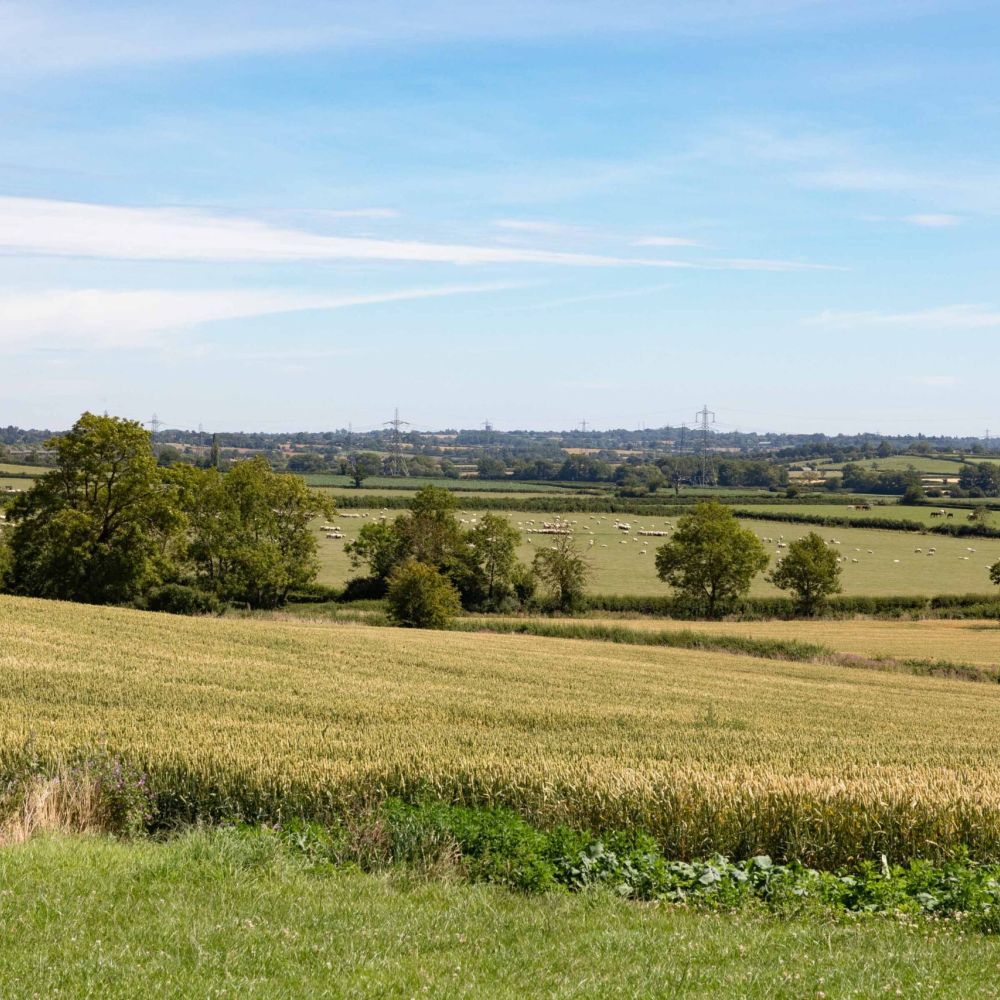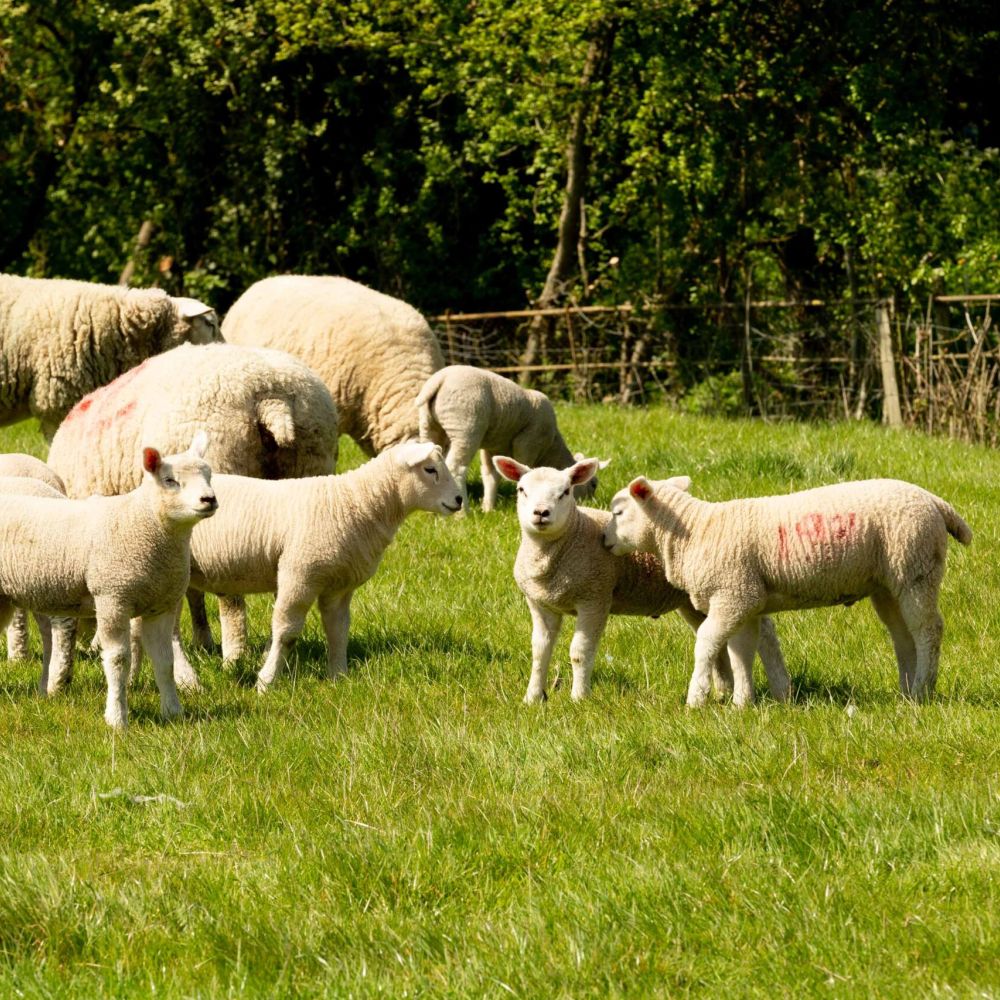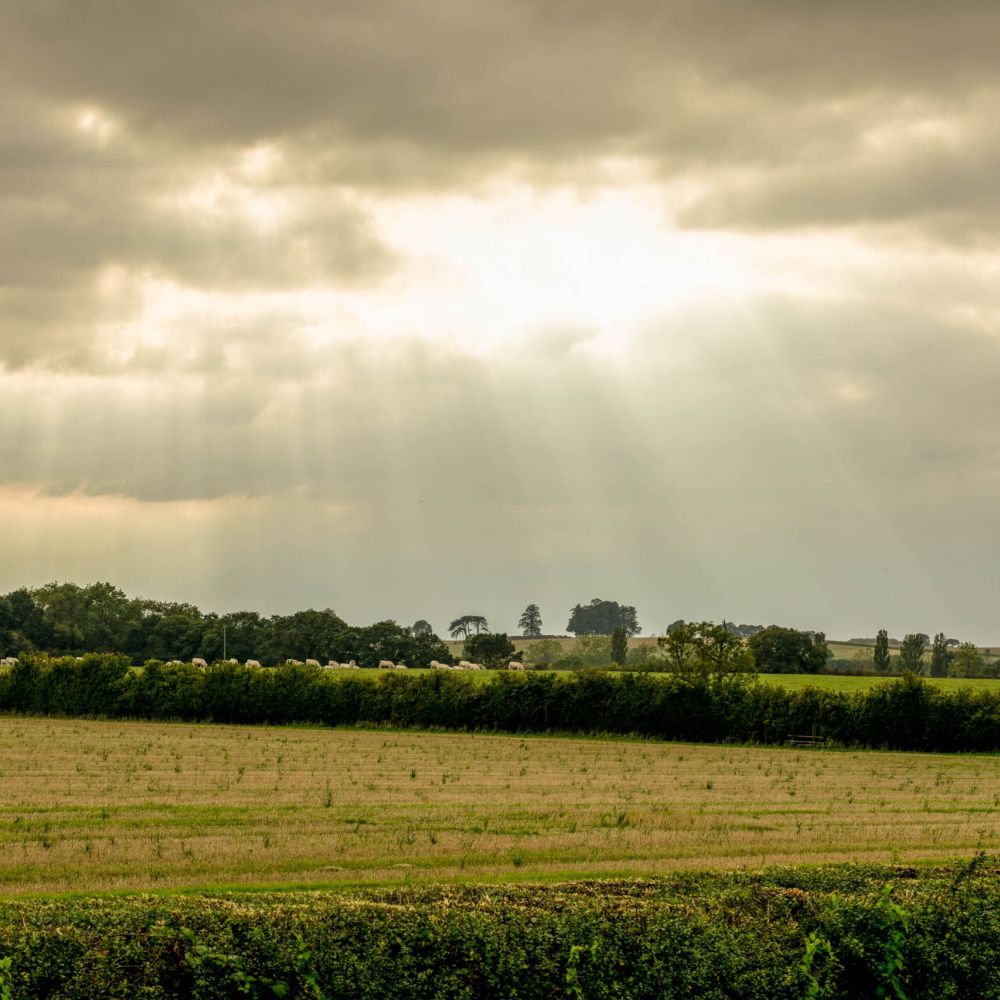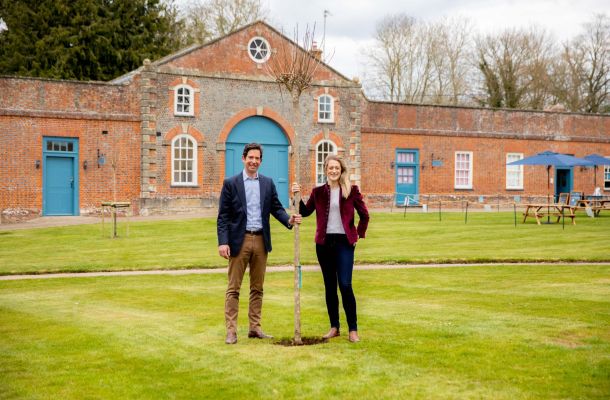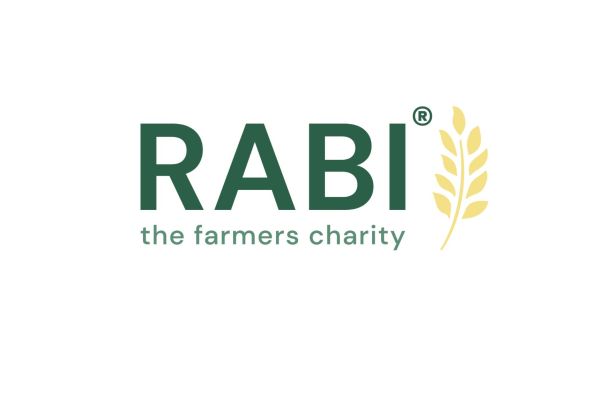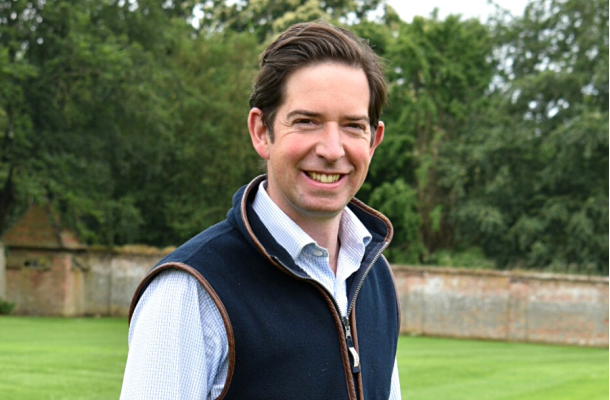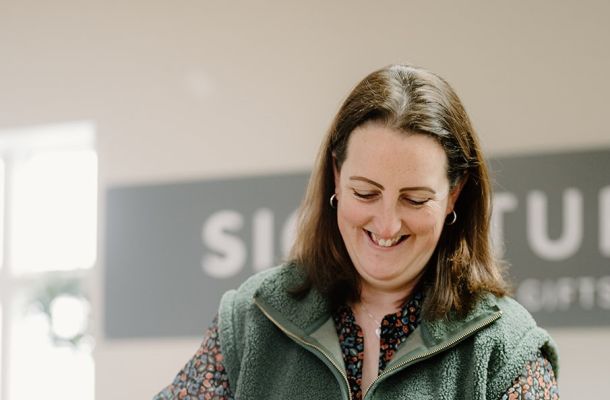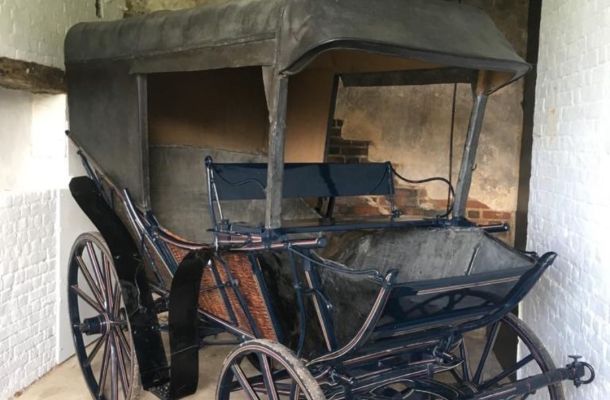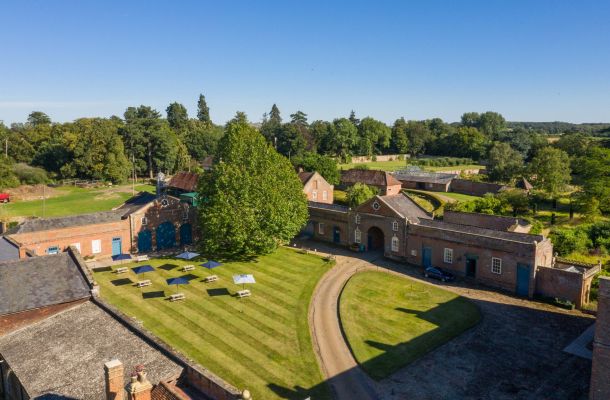Becoming a member of the Countryside Stewardship Scheme
Becoming a member of the Countryside Stewardship Scheme
We are delighted to have been accepted on to the Countryside Stewardship scheme; a government programme that aims to support farmers, landowners, and other rural businesses in protecting, and improving the natural environment.
The scheme helps to enhance biodiversity and more sustainable farming practices.
As a modern country estate and stewards of 5000 acres of rural land we have a responsibility to help protect our countryside. We believe a long-term view of good stewardship requires investment, sustainable land management as well as building strong local relationships.
Claydon Estate has a long history of conservation and environmental management and is home to a diverse range of habitats and wildlife including ancient woodland and grassland. Acceptance into the Countryside Stewardship scheme will allow Claydon Estate to continue these efforts on a larger scale.
Under the scheme we’ve committed to implementing several conservation and environmental management activities, including:
REDUCING OUR FARMING INPUTS – Reducing farming inputs means a careful management of the resources that are needed to grow crops. These resources include water, fertilisers, pesticides, and herbicides. Our goal is to minimise dependence on expensive and often environmentally harmful inputs, relying instead on natural resources. The measures we take include mindful crop rotations and the use of natural fertilisers. Low input farming is generally more environmentally friendly and our aim is to promote healthier soils, waterways, and ecosystems over the long term.
HARVESTED LOW INPUT CEREALS: Harvested low input cereals are cereals that are grown without the use of synthetic fertilisers, herbicides, or insecticides. Low input cereals are typically grown at a lower seed rate than conventional cereals which creates an open structure that allows for the growth of wildflowers and other beneficial plants. Harvested low input cereals can also provide a valuable food source for wildlife, as well as help improve soil health and reduce pollution.
IMPROVING WATER QUALITY: We’re committed to improving water quality and protecting our local water systems. Water runoff is the flow of water over the surface of the land and it occurs when there is more water than the land can absorb. If saturated with fertiliser, pesticides and herbicides, this excess water can contaminate our local streams as it leaks into the local environment. Improving water quality is essential in improving farming sustainability. As well as reducing our use of fertilisers, we are also expanding the wildflower margins around our watercourses and erecting more fencing. Our larger uncultivated margins prevent stock from accessing these waterways, preventing animal waste getting into our waters, are key in protecting our water quality and, as a bonus, are also a happy home for bees and other insects.
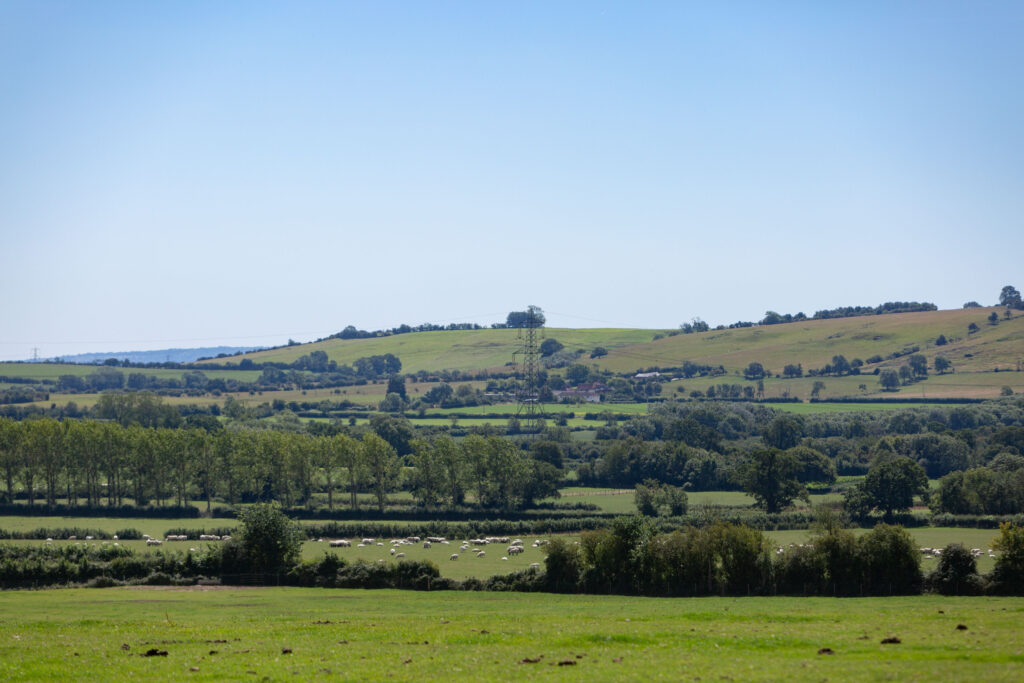
A POSITIVE STEP FORWARD
The above commitments include just a few of the sustainable land management actions we are leading with. The countryside stewardship scheme plays a vital role in preserving and safeguarding nature, providing significant benefits to society. By actively looking after nature through responsible land management and sustainable farming practices, we can ensure that future generations enjoy the same benefits from nature that we do today.
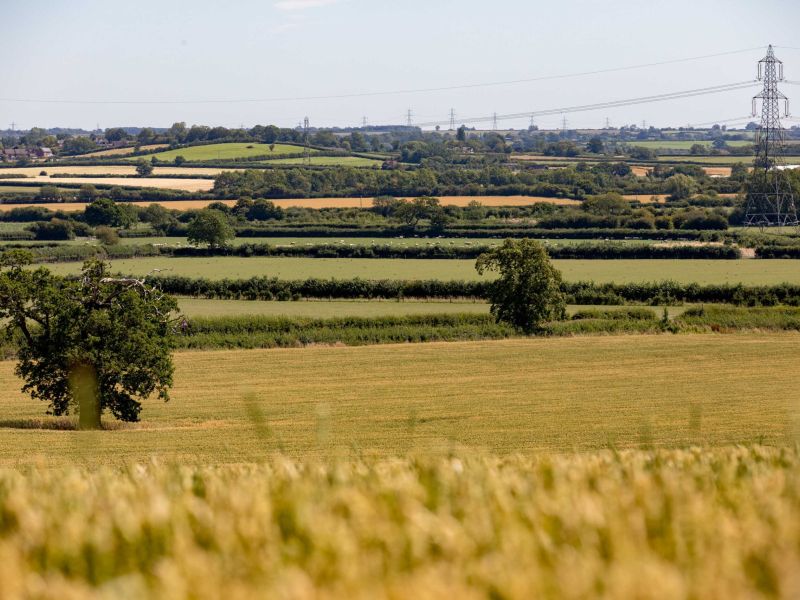
Popular Posts
Get in Touch
The Claydon Estate
Estate Office, Middle Claydon, Buckinghamshire
MK18 2EX
- Phone
- Email
Opening Hours
Claydon Courtyard and Phoenix Kitchen are open daily, between 10am-5pm.
We recommend you check with individual Courtyard businesses and the National Trust Claydon House for their opening times.

